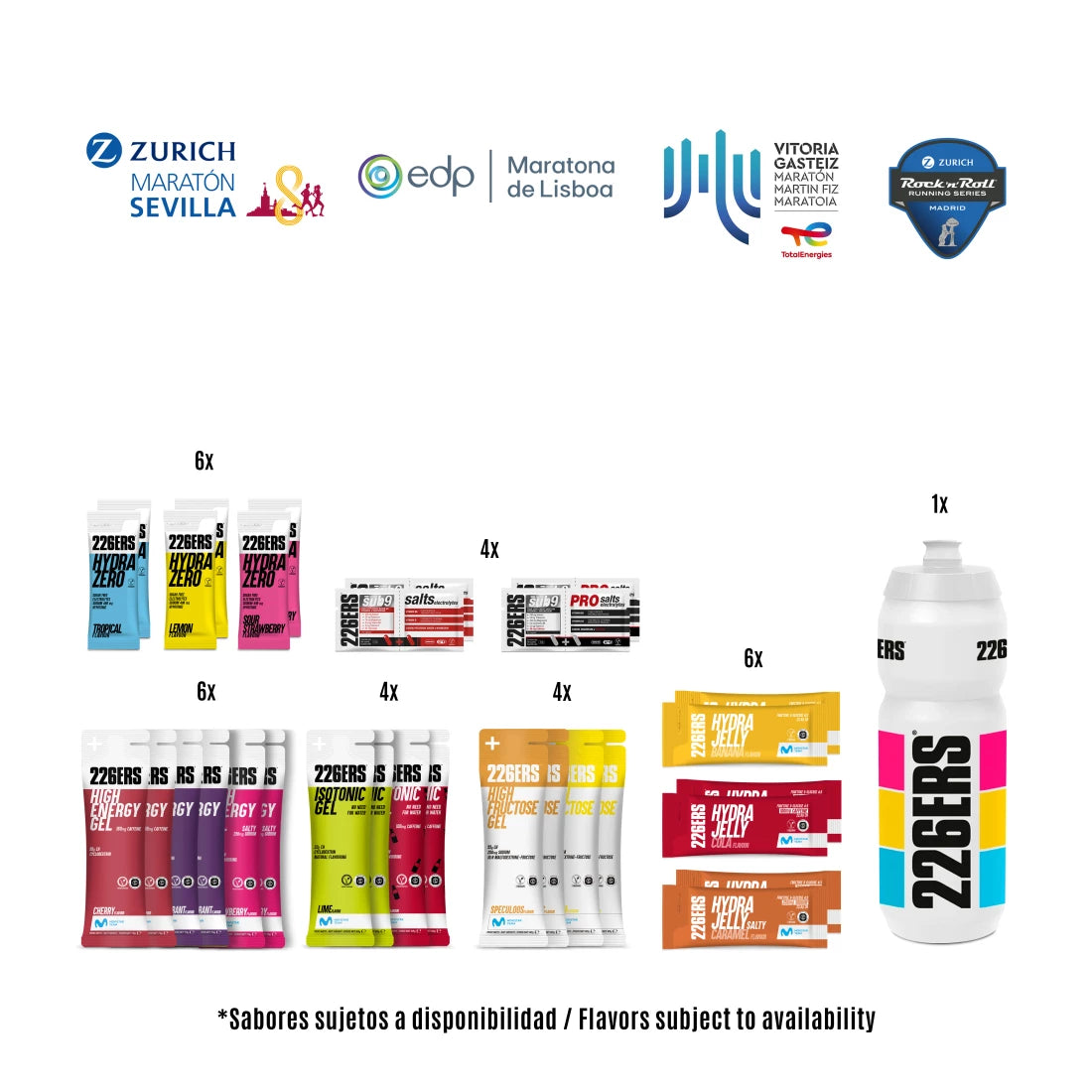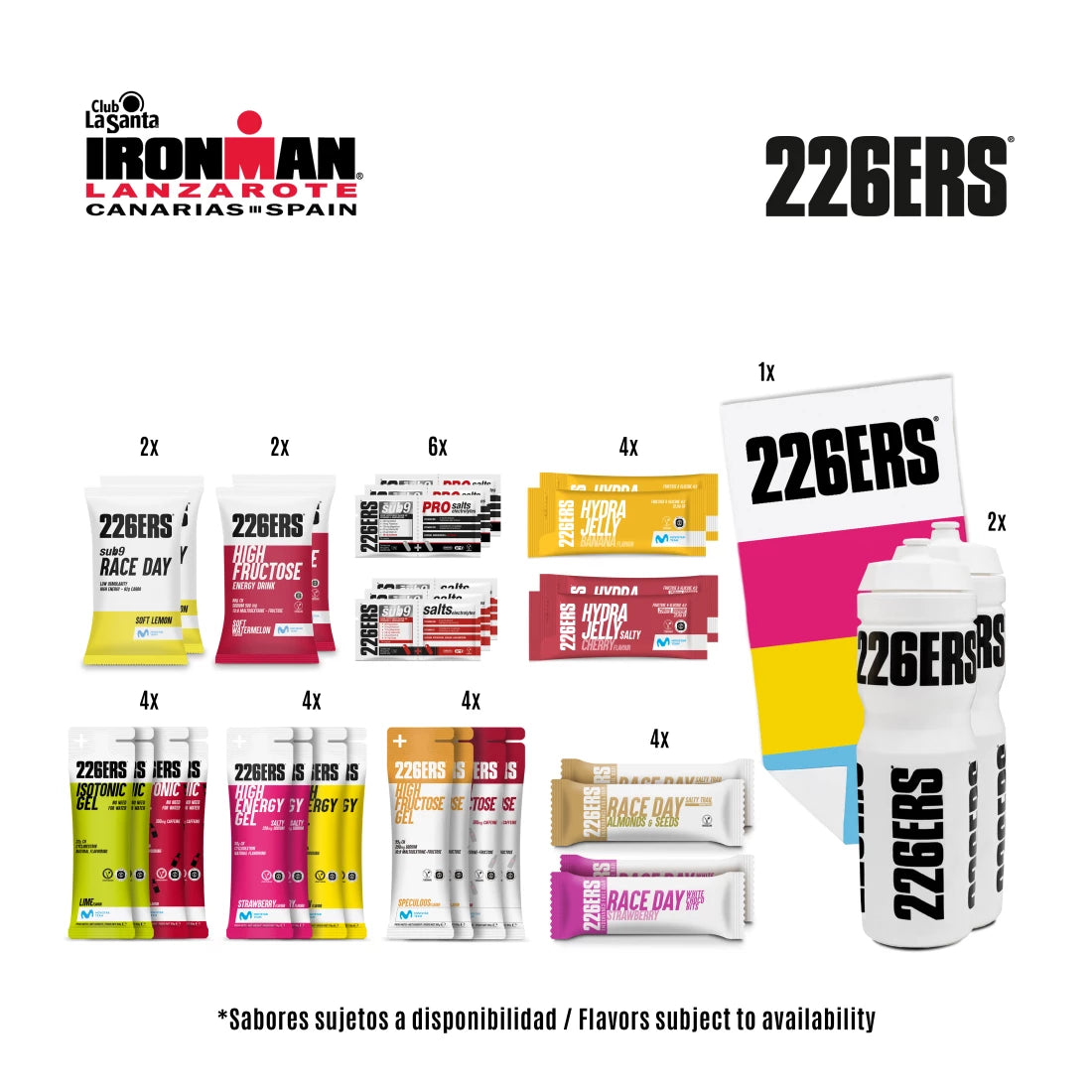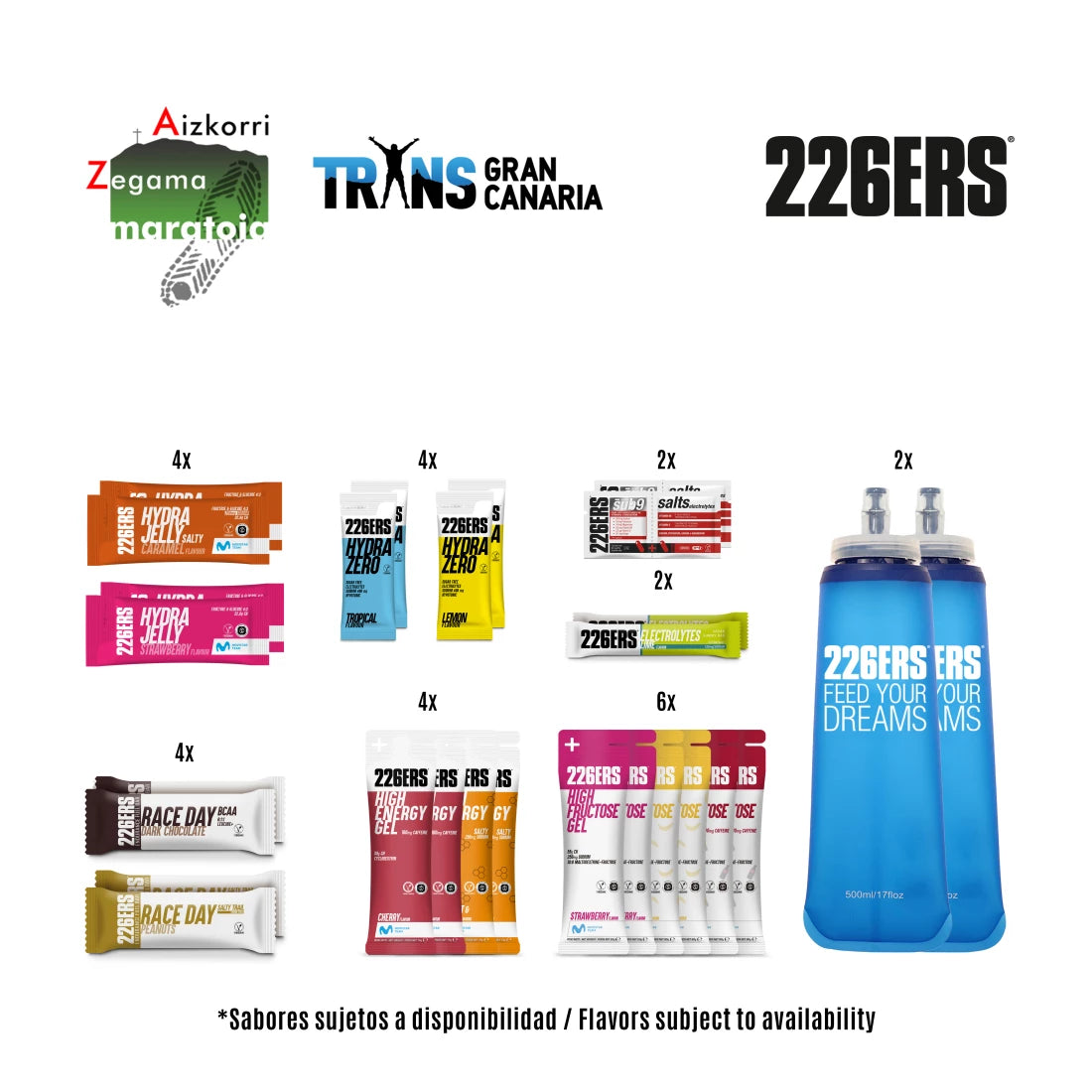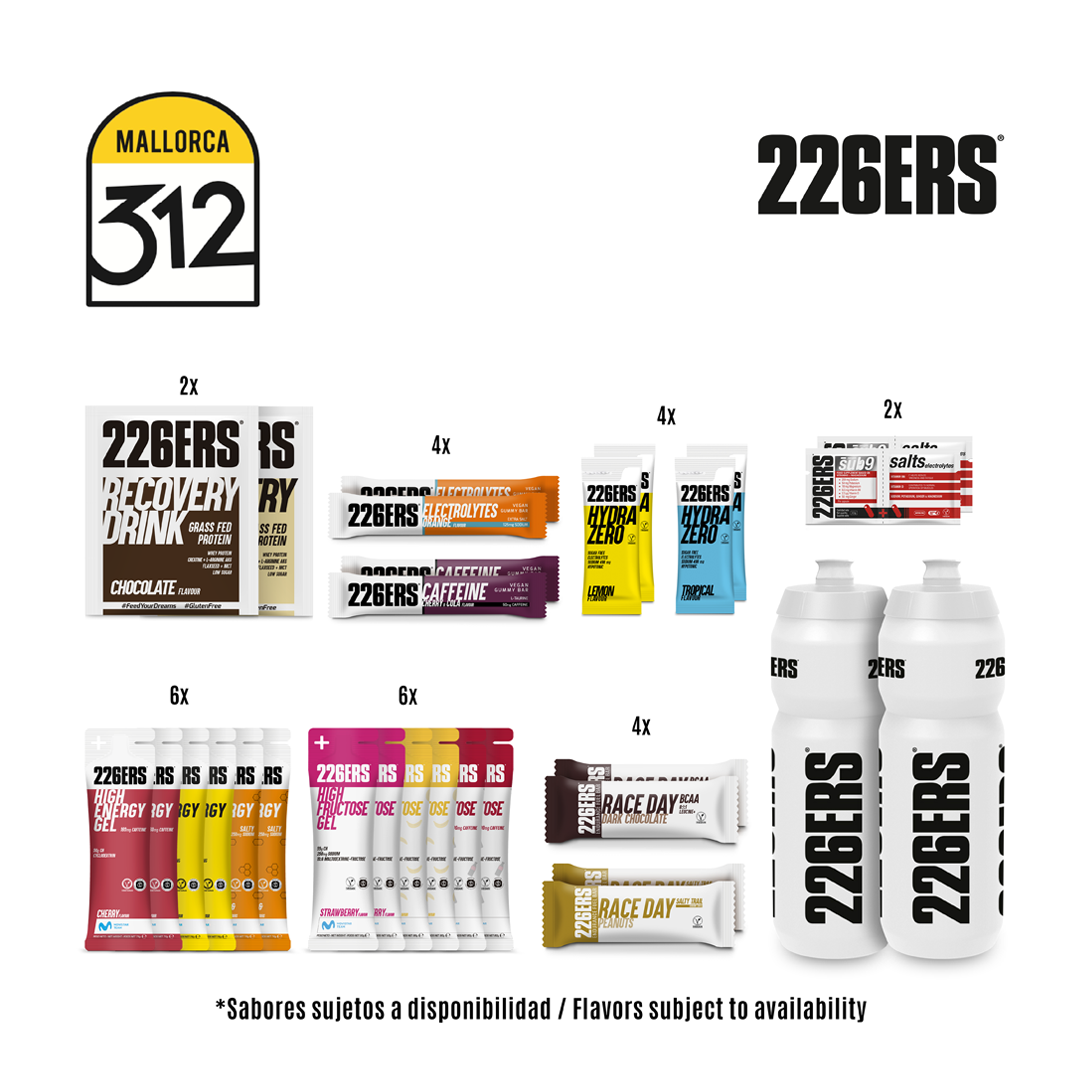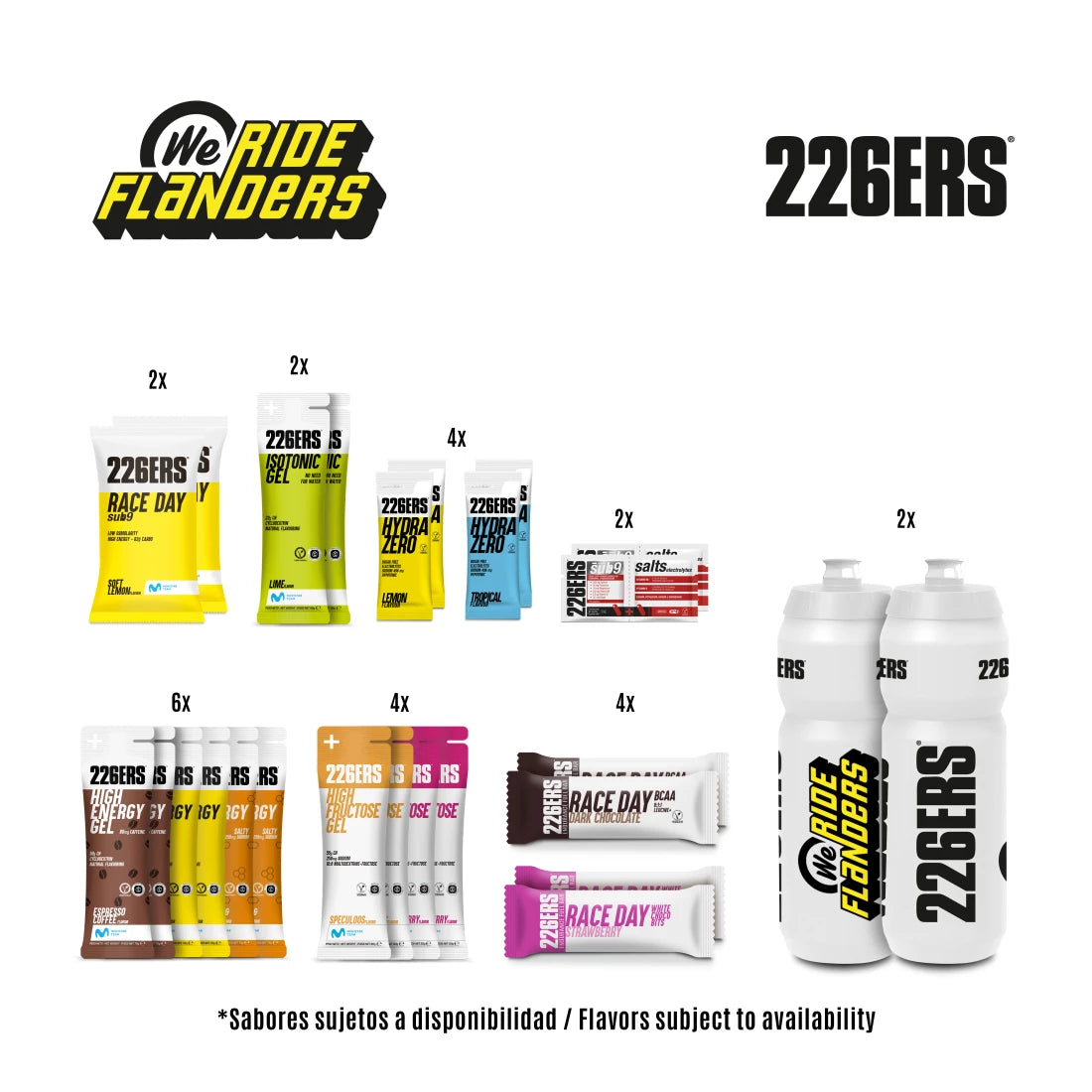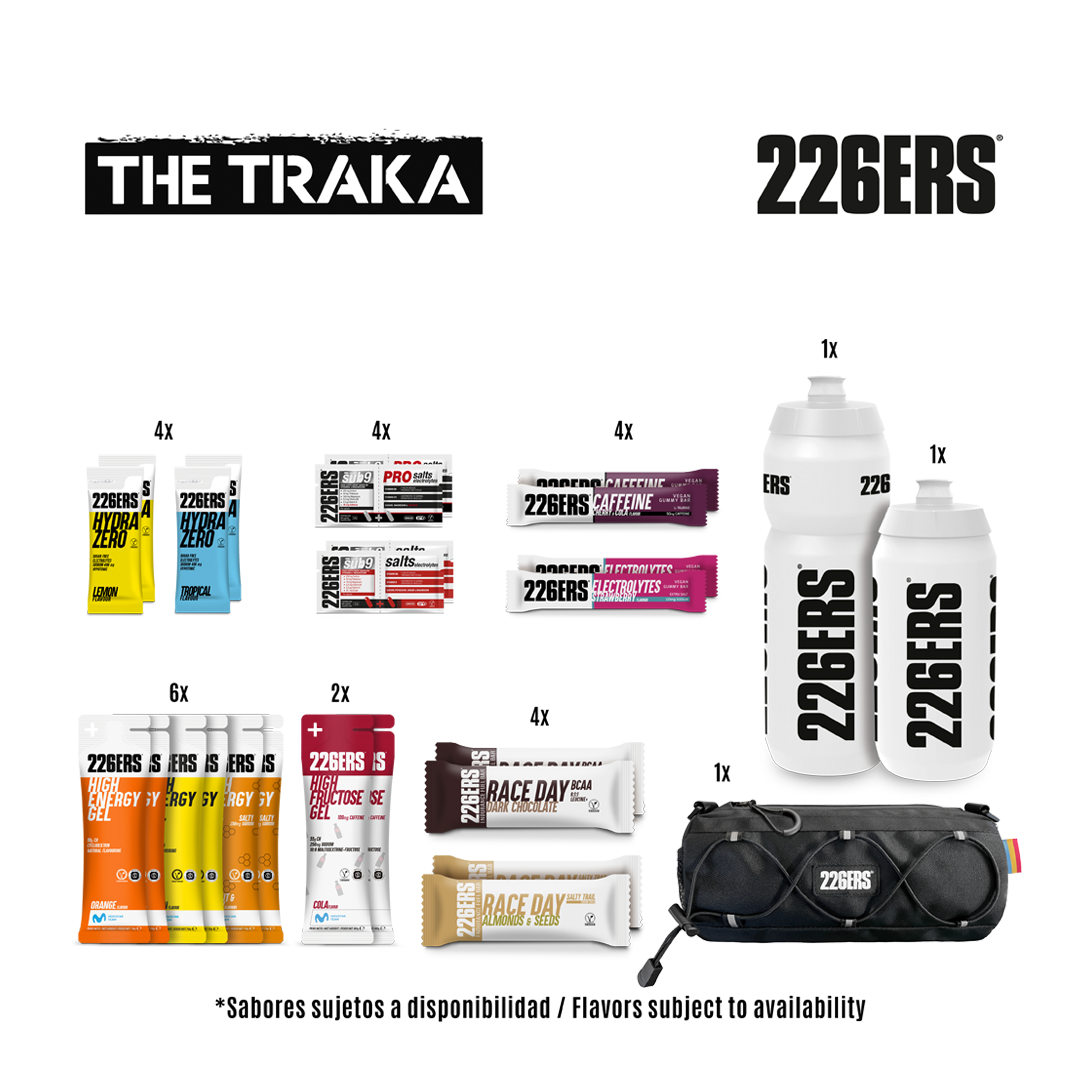Hydration in competitions during the hottest months
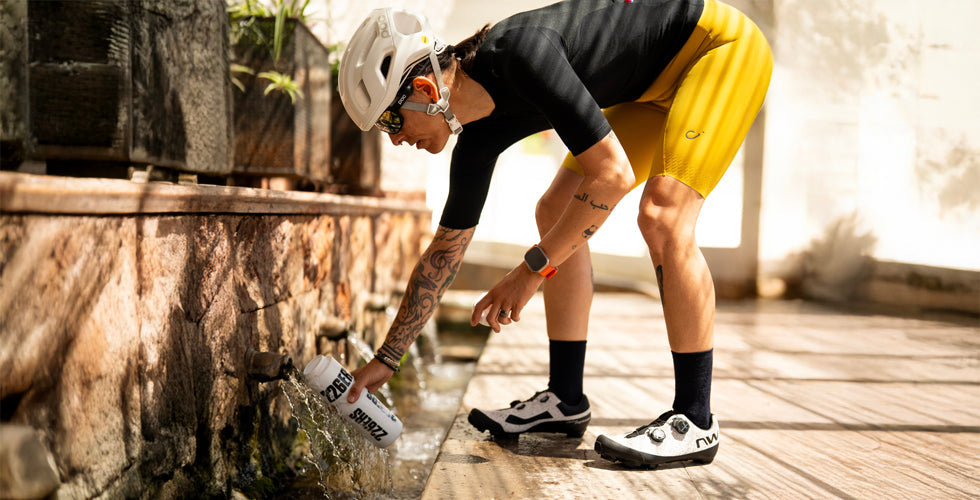
During the hottest months of the year, the Hydration needs of athletes increase considerably. Heat and humidity raise losses of liquids and electrolytes through sweat, which can negatively affect performance and even put health at risk.
In this article we analyze the Importance of proper hydration In competition and we offer you practical guidelines for Give up to the maximum and minimize risks.
Why is hydration in extreme heat conditions key?
In hot environments, the body sweats more to regulate its temperature. This natural mechanism is effective, but implies a accelerated loss of liquids and minerals essential. If they are not properly replenished, performance decreases and increases the risk of cramps, dehydration or even heat blows. The hydration, therefore, it must be central part of the sports strategy In these contexts.
How heat performance affects
Heat directly impacts the athlete's body:
- Increase the perception of effort.
- Reduces aerobic capacity.
- It affects coordination and decision making.
- Muscle performance decreases.
- Increase premature fatigue.
A Loss of only 2 % of body weight in the form of water You can have negative effects on physical and mental performance.
Loss of liquids and electrolytes: what you should know
Sweat contains water, but also key electrolytes for body functioning:
- Sodium: Essential for muscle contraction and fluid balance.
- Potassium: regulates the balance of liquids and participates in muscle function.
- Magnesium: It helps muscle relaxation and prevents cramps.
- Calcium: Important for muscle function and nerve transmission.
An incomplete replacement can alter performance and increase the risk of injuries.
Before competing
- In the previous 24 hours, consume between 1.5 and 2 liters of water or drinks with electrolytes.
- Two hours before the start, drink about 500 ml of liquid.
- Between 15 and 30 minutes before, ingest small sips of 150-250 ml.
During the competition
- Drink every 15-20 minutes, between 150 and 250 ml.
- In efforts of more than an hour, use isotonic drinks that provide electrolytes and carbohydrates.
- Adjust the amount depending on individual sweating and environmental conditions.
After the effort
- Replace at least 150 % of the weight lost in liquids (for example, if 1 kg are lost, rehydrate with 1.5 liters).
- Combine water with drinks rich in mineral salts and carbohydrates to facilitate muscle and metabolic recovery.
Recommended drinks
- Water: adequate in short and low intensity training, or in temperate environments.
- Isotonic drinks: designed to replace both liquids and electrolytes and energy. Recommended for intense and prolonged efforts.
- Hypertonic drinks or electrolyte supplements: Useful to replenish salts in extreme conditions. They provide a high concentration of minerals and are often combined with carbohydrates.
Common mistakes in sports hydration in summer
- Drinking only when thirst appears: thirst is a late indicator of dehydration.
- Hydrate only with water in long competitions: it can cause hyponatremia (low blood sodium concentration).
- Do not customize the hydration strategy: each athlete has a different sweating rhythm.
- Neglect the replacement of liquids after the effort.
Resistance sports (running, cycling, triathlon)
- Weigh before and after training to know the loss of liquids.
- Use backpacks or hydration belts if there are no frequent supplies.
- Combine water with isotonic drinks and energy gels with electrolytes.
Team sports (football, basketball, rugby)
- Take advantage of each game pause to hydrate.
- Alternate between water and drinks with electrolytes in long training.
- Control direct exposure to the sun and look for shadow in breaks.
Strength sports
- Hydrate before, during and after training, although there is no feeling of thirst.
- Keep in mind that sweat can be less evident, but equally significant losses.
Hydration as a performance and prevention tool
Hydrate properly in Extreme heat conditions It is one Essential part of the athlete's preparation. It is not just about drinking water, but about planning the replacement of liquids and electrolytes to maintain performance and prevent health problems. Adjusting hydration according to the type of sport, the duration of the effort and the environment can make the difference between ending strong or abandoning by fatigue.
How much water should I drink during a race in summer?
It is recommended between 150 and 250 ml every 15-20 minutes, depending on the level of sweating and heat.
Is water alone for a marathon?
No. In long and hot competitions, it is necessary to replenish electrolytes and carbohydrates by isotonic drinks or gels.
How to know if I am dehydrated?
Some signs are intense thirst, fatigue, cramps, headache, dizziness and dark color urine.
Can you drink too much water?
Yes. Excess water without replacement of salts can cause hyponatremia, a dangerous condition.
What electrolytes are more important for the athlete?
Sodium, potassium, magnesium and calcium are fundamental for water balance and proper muscle functioning.


